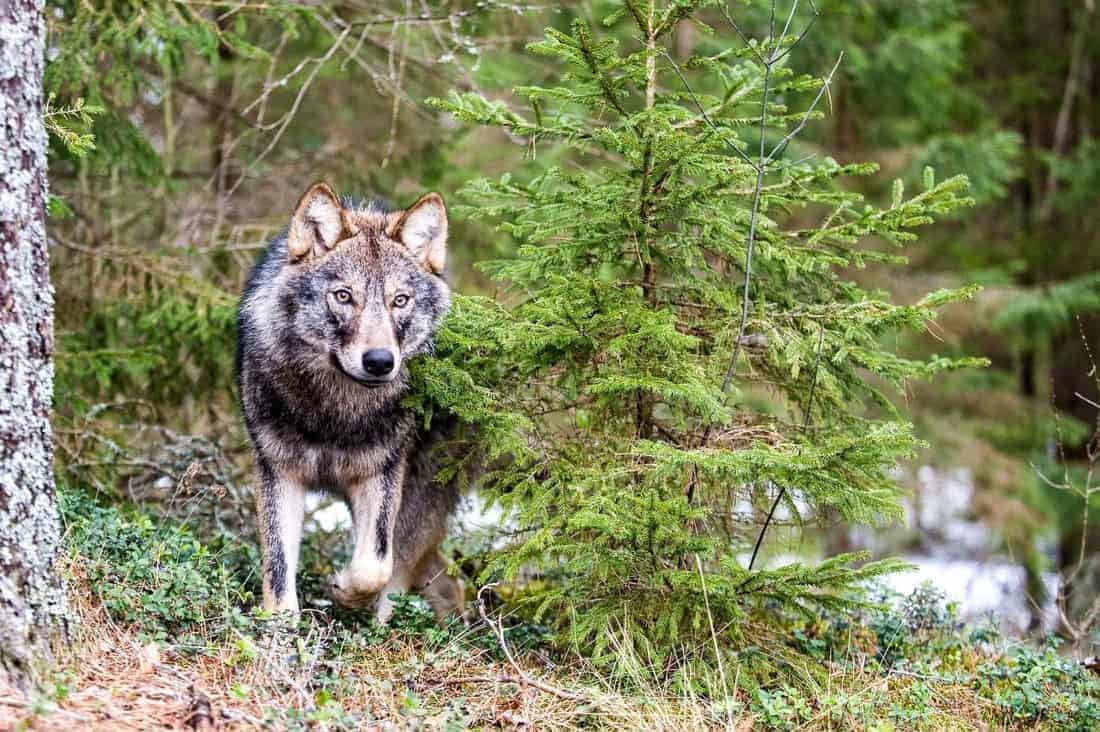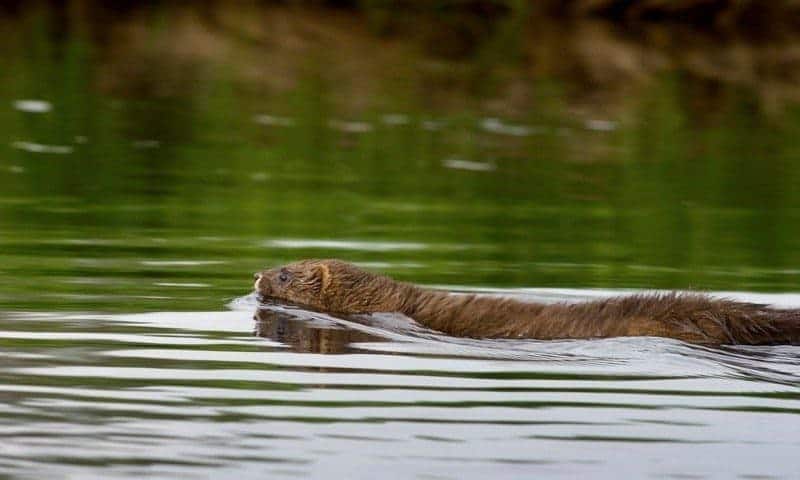Shark Awareness Day 2022
July 14th is Shark Awareness Day, a day meant to shift attitudes around sharks and boost awareness of these animals and everything they do for ocean ecosystems.
For many of us, our cultures have shaped our perception of sharks growing up, often in a negative way. The depiction of sharks as monstrous, blood-thirsty killing machines, has brought them to face serious threats. As a matter of fact, sharks are fascinating creatures playing an integral role in keeping our oceans healthy.
Why are sharks so significant?
With over 500 known species, sharks can be found in every ocean and sea. Fossil records show they were roaming in the oceans at least 420 million years ago, with an appearance not very dissimilar from today.
As apex predators, the existence of these fishes has serious implications that go far beyond just itself. Indeed, sharks are vitally important for healthy ecosystems by helping maintain the balance of life in the sea by feeding on other animals, especially mid-sized predators which would otherwise overpopulate and kill off smaller species.
This has important consequences for wider oceanic and planetary conditions. For example, ensuring balanced ocean species populations helps prevent a quick decline of the Great Barrier Reef. At the same time, this also results in maintaining seagrass levels, which are an important carbon sink. A balanced ocean ecosystem means a healthy planet, and sharks are essential to maintaining that balance.
History of Shark Awareness Day
Some cultures, such as Hawaiian and Pacific Island cultures, have long revered and respected these impressive predators. However, other cultural depictions of these creatures have significantly contributed to factor the fear and stigma surrounding them. This unfair reputation is far from the truth, seeing as these creatures are way more threatened by humans than we are by them. In fact, while there are around 10 fatal shark attacks a year (with cows killing 20 people a year and falling coconuts 150), all dangers they face combined together lead to an estimated 100 million sharks killed by humans every year. As already described in one of our previous articles, these include overfishing and bycatch, but also pollution, worldwide demand for commodities such as shark-fin soup and shark-tooth/leather products, and cullings caused by an inflated sense of threat along coastal regions.
Since 1970, shark populations have declined by 71% as a result of these activities, which represents a devastating loss to the biodiversity of our oceans. Because of the vulnerable status of these animals, many species are classified as threatened and some even as critically endangered by the International Union for Conservation of Nature (IUCN). As a consequence of this, Shark Awareness Day represents an important tool to help preserve sharks. Indeed, this day aims to both dispel the fear, stigma, and misinformation surrounding sharks and also raise awareness of this creature’s plight, inspiring people all over the world to take action in their defence.
At the end of the day, sharks can live on this planet without us, but we cannot live on this planet without them”
How to celebrate Shark Awareness Day
As the aim of the event is to raise awareness, one of the best ways to play our role in this is to educate ourselves about these animals. To help tackle the stigma of these deeply misunderstood animals, we should share what we have learned with the people around us, both in person but also online ( you can use #SharkAwarenessDay for the latter!). To help protect sharks, we can avoid any shark-derived products – from dishes containing shark-fin, to beauty products such as soap and makeup containing squalene, and leather items made from shagreen. Similarly, it is important to reduce seafood consumption or ensure that it is sustainably and safely sourced to help combat overfishing and bycatch. To be even more involved, we recommend volunteering, signing a petition, writing a letter, or donating to a non-profit dedicated to shark conservation.
Discover more from European Wilderness Society
Subscribe to get the latest posts sent to your email.










